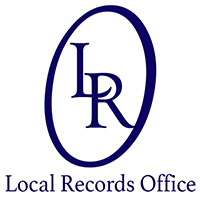What is Home Equity?
[vc_row][vc_column][vc_column_text]
What Really is Home Equity and what is it Used For?

Home equity is the market value of a homeowner’s unencumbered interest in their real property—that is, the difference between the home’s fair market value and the outstanding balance of all liens on the property. The property’s equity increases as the debtor makes payments against the mortgage balance, and/or as the property value appreciates. In economics, home equity is sometimes called real property value.
Home equity is not liquid. Home equity management refers to the process of using equity extraction via loans—at favorable, and often tax-favored, interest rates—to invest otherwise illiquid equity in a target that offers higher returns.
Homeowners acquire equity in their home from two sources. They purchase equity with their down payment, and the principal portion of any payments they make against their mortgage. They also benefit from a gain in equity when the value of the property increases. Investors typically look to purchase properties that will grow in value, causing the equity in the property to increase, thus providing a return on their investment when the property is sold.
Home equity may serve as collateral for a home equity loan or home equity line of credit (HELOC). Many home equity plans set a fixed period during which the person can borrow money, such as 10 years. At the end of this “draw period,” the person may be allowed to renew the credit line. If the plan does not allow renewals, the person will not be able to borrow additional money once the period has ended. Some plans may call for payment in full of any outstanding balance at the end of the period. Others may allow repayment over a fixed period, for example, 10 years.
What is Home Equity Used For?
Equity is an asset, so it’s a part of your total net worth. You can spend it someday if you need to. You might use it to buy your next home, to fund your retirement, or to pay for a child’s education. It’s a large and important asset, so choose wisely.
When you get a second mortgage, you borrow against your home’s equity (second mortgages are also known as “home equity loans”). It’s nice to have a large pool of money to draw from, but home equity loans can be dangerous. Your home serves as collateral for these loans. If you can’t repay, your lender can potentially foreclose and you’d lose your home.
[/vc_column_text][vc_video link=”https://www.youtube.com/watch?v=p20chbOAlCA”][/vc_column][/vc_row]
Local Records Office | Home Equity









